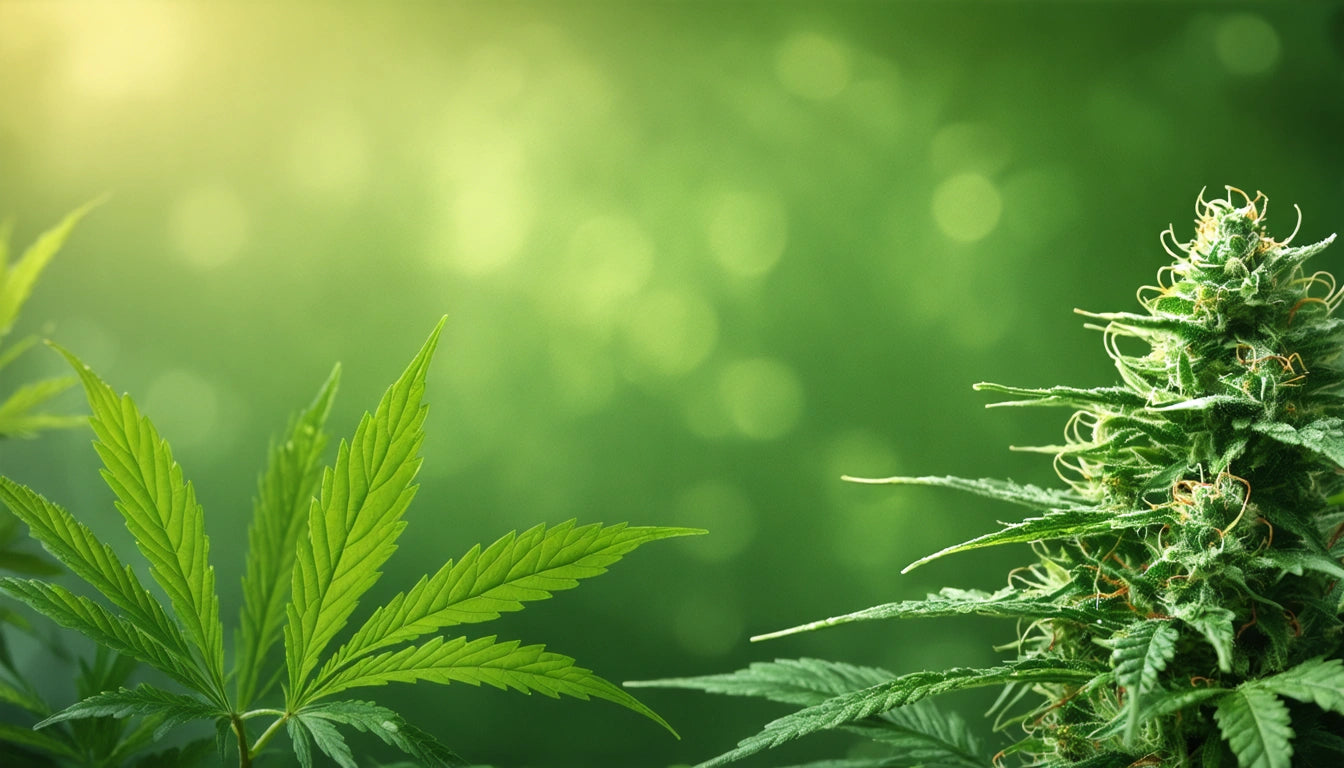Table of Contents
The Debate Over Legalizing Pot: Pros, Cons, and Current Legal Status
The conversation around cannabis legalization continues to evolve as more states adopt reforms and public opinion shifts. Understanding both sides of this complex issue requires examining economic impacts, health effects, social justice concerns, and public safety considerations. This comprehensive overview explores the reasons why pot should be legal, arguments against legalization, and the current regulatory landscape.
Economic Benefits of Pot Legalization
One of the most compelling reasons to legalize pot is the potential economic windfall. States that have legalized recreational cannabis have seen significant tax revenue generation. For example, Colorado has collected over $1.5 billion in cannabis taxes since legalization in 2014, funding education, public health, and infrastructure projects.
Beyond tax revenue, legalization creates jobs across multiple sectors. According to industry analyses on the benefits of cannabis legalization, the legal marijuana industry supports over 321,000 full-time jobs nationwide. These positions range from cultivation and processing to retail, marketing, and even specialized packaging manufacturing, where companies produce customized pre-roll cones and packaging solutions for the growing market of branded cannabis products.
Medical Applications and Health Considerations
The medical benefits of cannabis represent another significant factor in the legalization debate. Research has demonstrated cannabis efficacy for:
- Chronic pain management
- Reducing nausea in chemotherapy patients
- Treating certain forms of epilepsy
- Alleviating symptoms of multiple sclerosis
- Improving appetite in patients with HIV/AIDS
Proponents argue that these medical applications alone provide compelling reasons why pot should be legal. The FDA has already approved cannabis-derived medications like Epidiolex for certain seizure disorders, acknowledging the plant's therapeutic potential.
Social Justice and Criminal Justice Reform
The disproportionate impact of cannabis prohibition on minority communities represents one of the strongest arguments for legalization. According to historical analyses of cannabis prohibition, enforcement of marijuana laws has historically targeted Black and Latino communities despite similar usage rates across racial groups.
Legalization advocates point to these statistics as reasons why pot should be legal:
- Black Americans are 3.64 times more likely to be arrested for marijuana possession than white Americans
- Cannabis arrests account for over 40% of all drug arrests nationwide
- The cost of incarcerating nonviolent cannabis offenders exceeds $1 billion annually
Many states with legal cannabis have included social equity provisions and expungement processes for prior convictions, attempting to address these historical injustices.
Public Safety and Health Concerns
Those who believe pot should not be legal cite several public safety and health concerns. Opponents worry about:
Impaired driving remains a significant concern, as standardized testing for cannabis impairment lags behind alcohol testing technology. Some studies suggest increased traffic accidents in states following legalization, though the data remains mixed and continues to evolve.
Mental health impacts, particularly for adolescents and young adults with developing brains, represent another area of concern. Research examining the pros and cons of marijuana legalization indicates potential links between heavy cannabis use and conditions like anxiety, depression, and in rare cases, psychosis in vulnerable individuals.
Youth access and normalization worries many parents and educators, who fear legalization sends a message that cannabis use is harmless. However, data from legal states shows mixed results, with some reporting no significant increase in youth consumption following legalization.
Current Legal Status Across the United States
The question of who legalized pot and why is pot legal in some places but not others reflects America's patchwork approach to cannabis regulation. As of 2023:
- 21 states plus Washington D.C. have legalized recreational cannabis for adults
- 37 states permit medical cannabis use with physician recommendation
- Federal law still classifies marijuana as a Schedule I controlled substance
This creates significant tension between state and federal law. While the federal government has generally allowed states to implement their own cannabis policies, banking restrictions, research limitations, and interstate commerce prohibitions remain problematic for the industry.
The future of federal marijuana legalization remains uncertain, though momentum appears to favor continued reform. Recent polling indicates approximately two-thirds of Americans support legalization, reflecting a dramatic shift in public opinion over the past two decades.
Future Implications of Cannabis Policy Reform
As the debate over legalizing pot continues, several key developments may shape the future landscape:
Research expansion will likely provide clearer data on both benefits and risks. With reduced barriers to cannabis research, scientists can better understand cannabinoids' effects on various health conditions and develop more targeted therapies.
International policy shifts may influence U.S. approaches. As more countries like Canada, Uruguay, and several European nations reform their cannabis laws, pressure for harmonized international policy increases.
Industry maturation will bring standardization and best practices. As the legal market evolves, expect improved product consistency, safety protocols, and responsible use guidelines to address many current concerns.
Understanding both sides of the legalization debate remains essential for informed policy development. While compelling reasons exist both for and against legalization, the trend toward regulated access appears likely to continue as more data emerges and social attitudes evolve.











Leave a comment
All comments are moderated before being published.
This site is protected by hCaptcha and the hCaptcha Privacy Policy and Terms of Service apply.